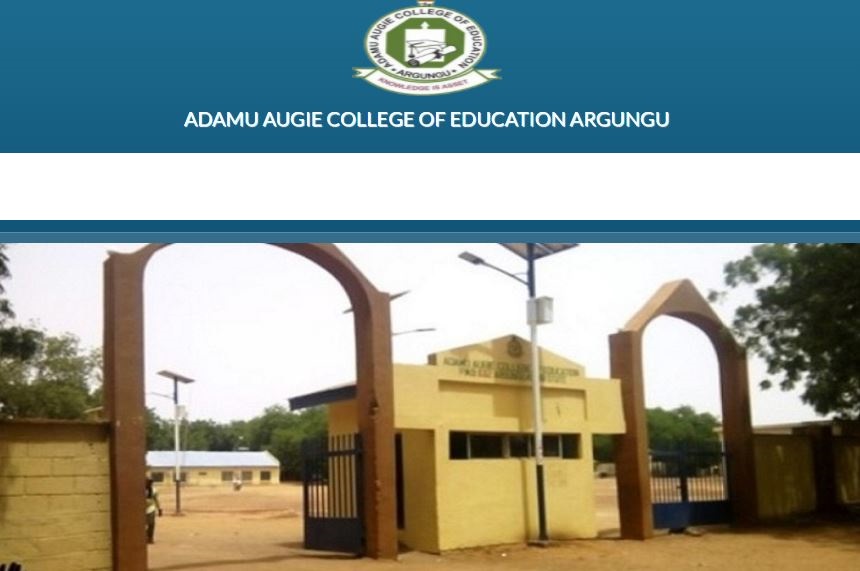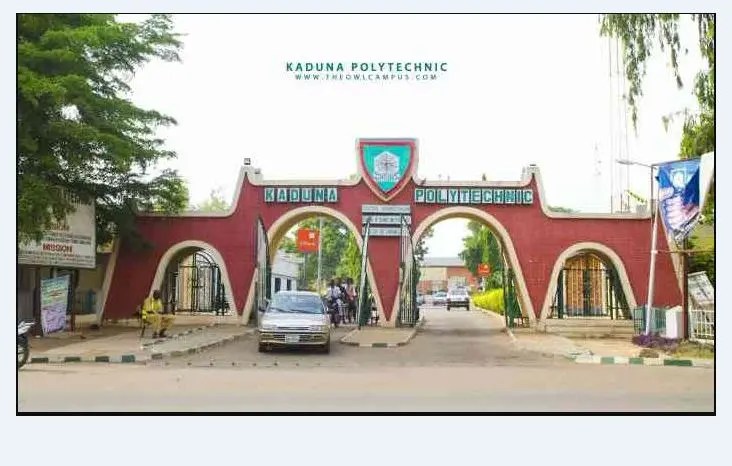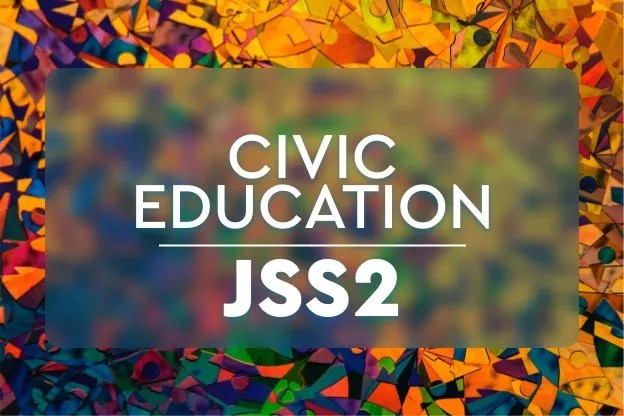
Secondary school teachers in Nigeria form the foundation for basic knowledge into tertiary institutions. It is pitiful that they are barely recognized and this has automatic ally affected their monthly salaries.
The candid truth is that Teaching Jobs in Nigeria is one of the least recognized professions and ranks amongst the poorest paid despite all requirements which includes the application letter and resume required for the job offer. Some schools even go as far as requesting for cover letter which should be attached to the application letter for the job role.

Here we are focusing our radar on the salary scales of secondary school teachers in Nigeria.
Secondary schools in Nigeria can be broken down into 2: Private secondary school and Public Secondary schools, and if we are to further break it down, Public Secondary schools are both State and Federal government owned.
For one reason or the other, parents and Guardians are gradually making a paradigm shift towards Privately owned secondary schools due to various factors we would not want to delve into in order not to shift our focus on the subject matter.
Talking about Secondary school teachers salaries in Nigeria, we shall hit on all aspects ranging from salary structures of Private secondary school teachers, federal government secondary school teachers and Federal government owned secondary school teachers in Nigeria.
Private Secondary schools gradually taking the lead in terms of improved teachers welfare, they are closing the gaps and filling in the lags left behind by their public school counterparts, Private secondary schools management is totally different in terms of administration, they make sure students are properly taught, follow and must complete the schemes of work before the due date and must cater for every student individually as learning capacity of students differ.
The attention given to students brings about a better teacher-student relationship unlike the public secondary schools, where the opposite is the order of the day.
In Private secondary schools, teachers are made to adhere strictly to the teaching style and curriculum as prescribed by the school and failure to do so could mean automatic suspension or termination of appointment.
Most Private Secondary school teachers salaries nowadays can compete with workers in Corporate organizations like Banks, insurance companies, and some start up oil servicing companies.
Salary Structure of Private And Public Secondary School Teachers In Nigeria
We have highlighted the salaries payable by both private and public secondary schools or better put, average monthly salary earned by private and secondary school teachers in Nigeria.
A) Private Secondary School Teachers Salary Scale In Nigeria
Here we are talking about recognized private secondary schools in Nigeria and not the mushrooms (Glorified Primary schools)
The average secondary school teacher salary in Nigeria is between 40,000 to 80,000, while private schools pay as much as 150,000 to 300,000 Naira. There are few schools that pay this high and as for teachers who want to get such fat take home pay, you must meet certain requirements and have some teaching professional certifications.
B) State Owned (Public) Secondary School Teachers Salary Structure In Nigeria
When we say state secondary schools, there are post primary institutions owned not by the Federal government or private individuals but by the state government in which the school is located.
The attitude put towards their job has greatly militated against their profession being recognized by the government.
From statistics, for over a decade, state government secondary schools in Nigeria have not produced the best in WAEC, in addition to the above, they have practically produced the worst results when compared to private and Federal government secondary schools in the country.
Their I don’t care attitude and the general notion of “Na Government Job” has had adverse effect in the education of students in secondary schools. As said earlier, we don’t want to be drawn into problems and challenges affecting growth in secondary schools, the onus of this post is to give readers proper knowledge and information as regards secondary school teachers in Nigeria and their salary scales.
Many would wonder why a right thinking human being would choose a state owned (public secondary school) over a private secondary school, the reason is due to the following under-listed.
1) Job Security
Unlike the private secondary school in Nigeria, state owned secondary schools teachers jobs are more secure to work in, this is one of the laid back attitude experienced in public schools, these teachers know they cannot be sacked for not performing their duties optimally so they go to classes when they deem fit. The process of sacking a government worker must pass through series of tables of the ministry of Education so this process alone is quite discouraging and secondary school teachers see this as a lapse and take undue advantage of it.
2) Retirement Benefits And Pension Scheme
Being a government worker, everyone is entitled to pension upon retiring either by age or service year. Though the best form of retirement is by service year which means after serving up to 35 years in the government, in this case, the teacher is accorded full benefit and pension scheme for the rest of his or her life.
State secondary school teachers are not well paid, there are levels which every teacher must go through, that is another topic on its own which would not be ideal for this post.
Secondary school teachers in state owned public schools do not mind the salary structure accorded to them so long as they are sure of being paid their full benefits upon pen down as known in education sector in Nigeria.
3) Less Pressure
The honest truth is that they work under less pressure and supervision as in when compared to private secondary schools where practically everything is scripted and must be done according to the instructions of the management of the school. Though this is supposed to be about creativity on the part of the teachers but unfortunately it is the foundation for their nonchalant attitudes towards their jobs.
We can keep listing reasons why teachers prefer state secondary schools to private but for the sake of this post, we will discuss that in another fresh post.
Back to the bone of contention, the average secondary school teacher in Nigeria working in state owned public school goes home an average of 50,000 to 90,000 Naira basic salary, though this figure tends to increase as the worker progresses in levels. Please note that different states fix their salary structures for teachers, some states especially in the south pay lower than the above figure. Though most schools in the north are the least paid and the major reason is due to their ideology about western education due to their religious beliefs.
C) Federal Secondary School Teachers In Nigeria Salary Scale
Teachers in Federal secondary schools in Nigeria might not be the most paid, but they are the most respected when compared to the other two (2). Most secondary school teachers in private and state owned if given the opportunity would instantly make a switch to their federal counterparts for various factors which would be slightly addressed here, some of which are;
A) Futuristic Purposes
One major advantage of working with the federal government sector is growth. With proper self development educationally, there is prospect for growth in the teaching line. Usually teachers in this sector are due for promotion every two years after sitting for exams organized by the federal ministry of education, upon scaling through and proper documentation carried out, then teachers become due for promotion to the next level.
B) Prompt Payment of Teachers Salaries
Unlike most state secondary school and some private owned secondary schools in Nigeria, owing of teachers monthly salaries has become the norm. Some state owe for as much as 1 year without payment of teachers salaries, this is totally different from Federal government secondary schools, both primary and secondary teachers salaries are duly paid as and when due. In other words, Teachers can properly plan their activities for the month without fear of non payment for their services.
C) Access To Loans And Grants
As a secondary school teacher, working with the federal government is almost equal to having a collateral.
Secondary school teachers in federal government secondary schools usually have easy access to loans from the bank their salaries are being paid into by the government. It is as simple as that. All that is required is filling the necessary documents as prescribed and wait for approval from the superior and you are good to go. Guess what? The loan given to teachers in this sector is a non interest loan which would be gradually deducted from their salaries monthly though this depends on how long and when the applicant filled for deduction by the bank.
Other factors includes;
- Timing: Secondary school teachers have their time to themselves, they close as and when due.
- Conduction of private classes due to time available at their disposal, this is almost not possible with private secondary school teachers though other wise with state owned secondary schools.
We can keep the list growing but as usual, we try our possible best not to deviate from the core of this post.
Secondary school teachers in Nigeria under the Federal government in our opinion seem to be better off in average when compared to private and state school teachers.
The average salary of a secondary school teacher in Nigeria under the federal government is based on levels attained, there is no general or fixed amount for all level but we can confidently tell you that the range of their basic salary is between 60,000 to 200,000 Naira from level 8 to wherever age or service year the teacher retires.
Please note that the above figures are not the exact salary of the secondary school teachers in Nigeria, but an confirmed estimated figure that can be worked with.
If you have comments, opinions or input as regards the above topic, you can reach out to us via the comments section below, your inputs are of immense value to us. Thank you as you also share the posts via the social media platforms at your disposal.




